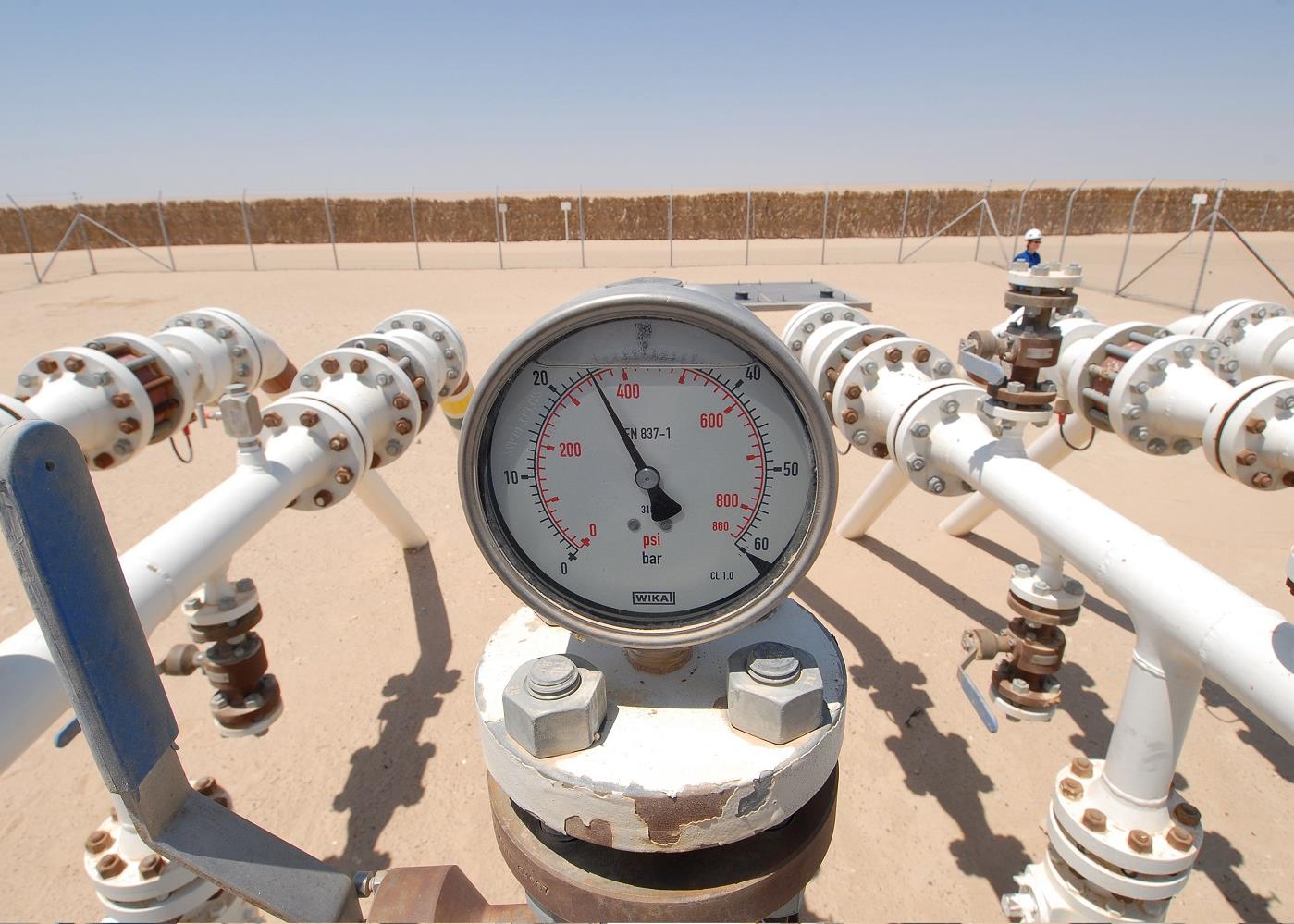
Dubai has raised international recognition of what is possible to achieve
As the international Cop 21 climate change conference in Paris draws to a close and governments from across the globe make promises to reduce emissions and increase renewable energy resources, the UAE is holding the flag for the GCCs solar energy ambitions.
While senior officials from both Abu Dhabi and Dubai attended the conference in Paris, utilities from both emirates are pressing ahead with major solar energy projects. While the majority of the Gulf does not have sufficient wind for wind farms, it has some of the highest solar radiation levels in the world and the UAE is keen to harness this to produce power on an increasingly large scale.
After emerging as the regions pioneer in renewable energy in 2013, when it commissioned its 100MW Shams 1 concentrated solar power (CSP) project, Abu Dhabis further renewable energy plans stalled. With power reserve margins becoming increasingly tight, the priority for the UAE capital was pushing ahead with its next major independent water and power project (IWPP), Mirfa, and making progress with its first nuclear power facility at Baraka.
As Abu Dhabis renewable energy programme suffered from paralysis, Dubai moved in to pick up the mantle of the Gulfs solar champion. After completing its first 13MW photovoltaic (PV) in 12 months, the emirate has since awarded contracts for the 200MW photovoltaic (PV) second phase of its flagship Sheikh Mohammed bin Rashid al-Maktoum solar park. In the process of doing this, it achieved a world record tariff for a large scale solar plant, and raised international recognition of what is possible to achieve for solar energy in the Middle East.
The low tariff has resulted in Dubai moving ahead with the procurement process for an 800MW third phase project, and has also strengthened Abu Dhabis resolve to proceed with a large PV solar project.
The challenge for Abu Dhabi will be achieving the same impressively low tariff achieved by its neighbours for its planned 350MW solar IPP. According to sources within its power sector, Abu Dhabis utilities are hoping to match or better the tariff achieved in Dubai. However, with the Dubai tariff surprising many in in the international power sector when the tariff achieved beat the $0.06 a kilowatt hour mark, matching this will be no mean feat.
Whether this is achieved or not, Abu Dhabis move to develop another major solar project shows that the UAE is emerging as the regional market which delivers on solar energy where others such as Saudi Arabia have so far failed.
You might also like...

Algeria signs oil deal with Swedish company
19 April 2024

Masdar and Etihad plan pumped hydro project
19 April 2024

Ewec signs Ajban solar PV contract
19 April 2024

Contractor orders compressors for onshore project
18 April 2024
A MEED Subscription...
Subscribe or upgrade your current MEED.com package to support your strategic planning with the MENA region’s best source of business information. Proceed to our online shop below to find out more about the features in each package.








